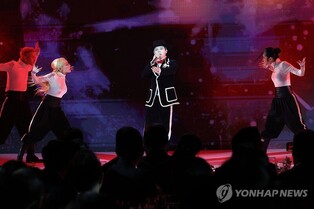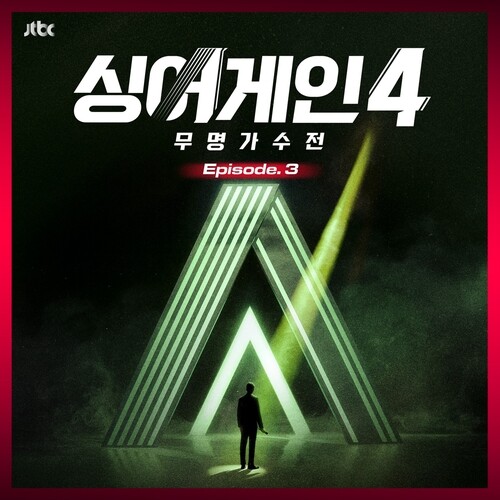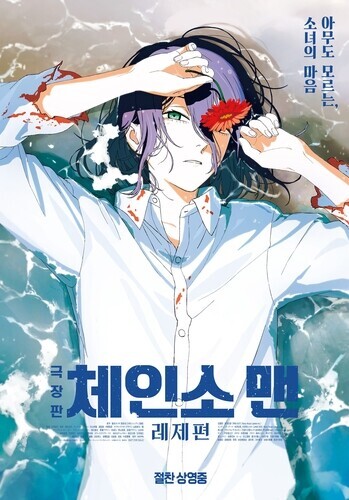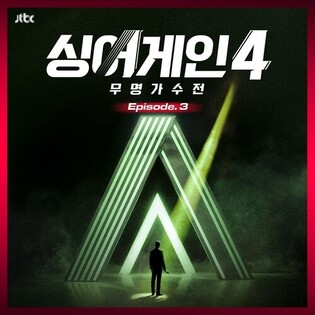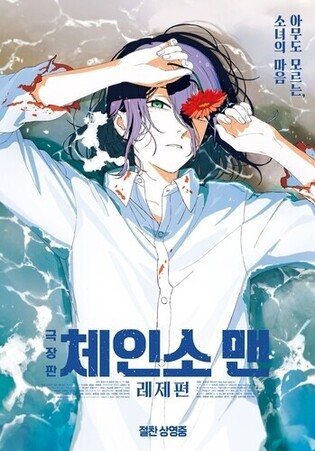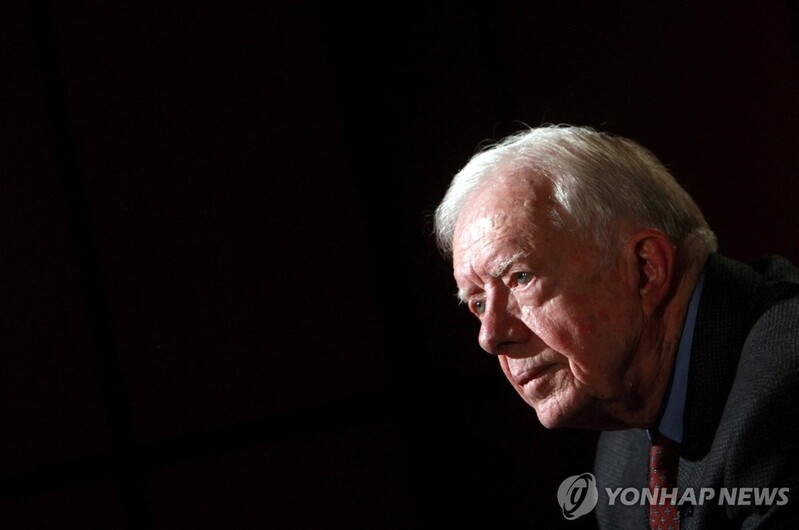 |
| ▲ This file photo, released by Reuters, shows former U.S. President Jimmy Carter attending an interview with Reuters in Cairo, Egypt, on Jan. 12, 2012. (Yonhap) |
(LEAD) Carter-passing
(LEAD) Former U.S. President Jimmy Carter dies at 100
(ATTN: UPDATES with more details in paras 8-13)
By Song Sang-ho
WASHINGTON, Dec. 29 (Yonhap) -- Former U.S. President Jimmy Carter, the winner of the 2002 Nobel Peace Prize, died at his home in Georgia on Sunday, the Carter Center, a nonprofit organization, said. He was 100.
Surrounded by his family, the longest-lived president in U.S. history passed away in the Peach State's countryside town of Plains, according to the center. He had reportedly suffered some health issues, including melanoma, and received hospice care.
"My father was a hero, not only to me but to everyone who believes in peace, human rights, and unselfish love," Chip Carter, the former president's son, was quoted as saying in a release posted on the center's website.
"My brothers, sister, and I shared him with the rest of the world through these common beliefs. The world is our family because of the way he brought people together, and we thank you for honoring his memory by continuing to live these shared beliefs," he added.
There will be public observances in Atlanta and Washington, followed by a private interment in Plains, Georgia, the center said. The final arrangements for his state funeral are still pending.
Carter, a Democrat, served as the 39th U.S. president from 1977 to 1981. He served in the Georgia State Senate from 1967 to 1971 and as the 76th governor of the Peach State from 1971 to 1975.
In 2002, Carter received the Nobel Peace Prize for his long-standing work in pursuit of solutions to world conflicts and promoting democracy and human rights.
Carter is known for his involvement in Korean Peninsula affairs, both during and after his presidency.
While in office, he went through a rough patch with then South Korean President Park Chung-hee as he pushed to deliver on his campaign pledge to withdraw U.S. forces from the peninsula, taking issue with human rights issues under the Park administration.
His push for the troop removal put to the test the South Korea-U.S. alliance forged after the 1950-53 Korean War and cemented in the wake of South Korea's participation in the Vietnam War. But it came to a halt later amid opposition from congressional members, the intelligence community and others.
Carter also forged an image as a peacemaker and a troubleshooter when he visited North Korea in 1994 and met with then leader and national founder Kim Il-sung in the midst of nuclear tensions.
His negotiations led to a landmark nuclear disarmament deal between Pyongyang and Washington, known as the Agreed Framework, though the agreement later fell apart with the outbreak of another nuclear standoff in late 2002.
In 2010, Carter traveled again to North Korea and brought home an American citizen detained in the country.
His wife, Rosalynn Carter, died in November 2023 at 96. He is survived by his children -- Jack, Chip, Jeff and Amy -- 11 grandchildren and 14 great-grandchildren.
(END)
(C) Yonhap News Agency. All Rights Reserved
























![[경주APEC] 말레이 총리, 지드래곤 공연영상 SNS로 공유](/news/data/20251101/yna1065624915913196_310_h2.jpg)


